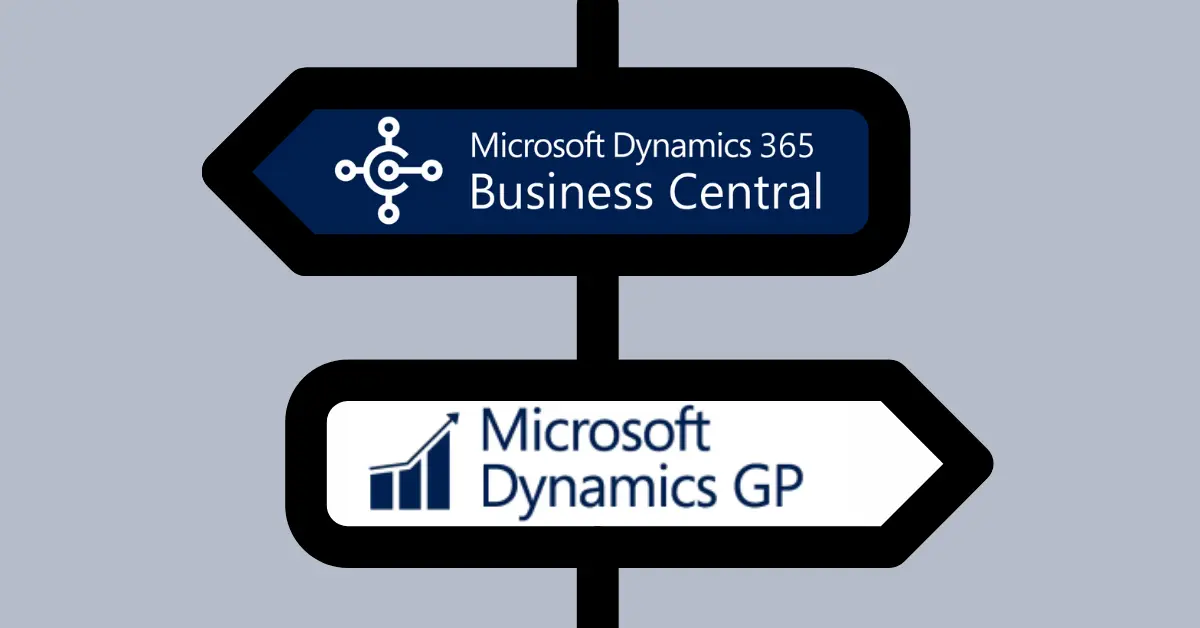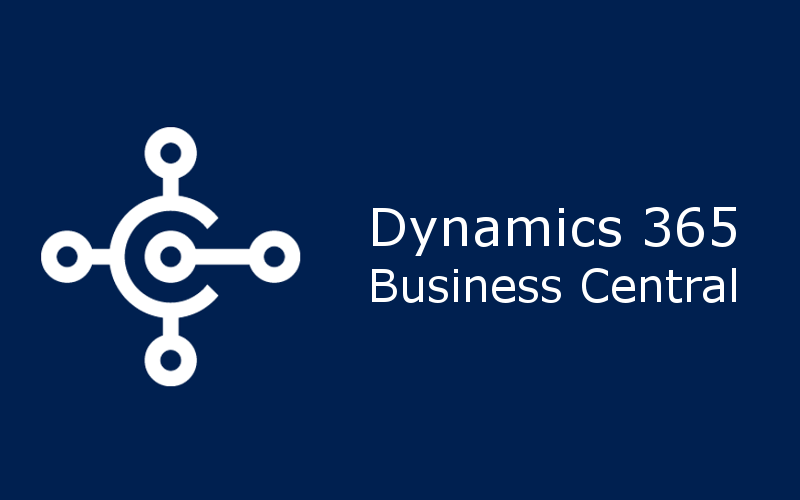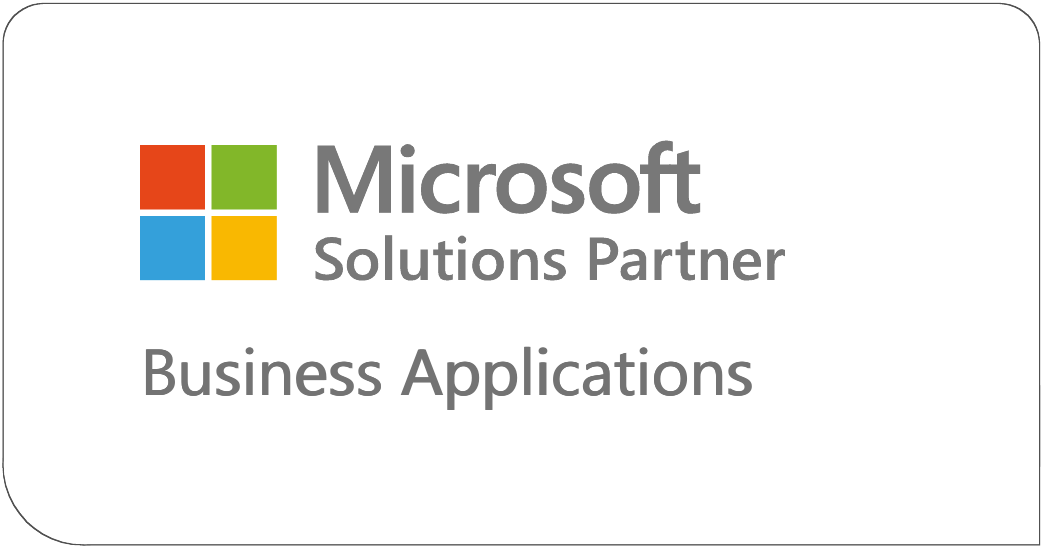| Editorial Team

Deciding on the proper
Enterprise Resource Planning
(ERP) software is pivotal for small and medium-sized
businesses aiming to streamline operations, enhance
financial management, and foster growth. With many
options available, getting lost in the technicalities
and marketing speak is easy. Microsoft offers two
standout solutions: Dynamics GP and
Dynamics 365 Business Central.
Each has its strengths, designed to cater to different
business needs, yet choosing between them can be
daunting. This guide demystifies the choice, offering a
deep dive into both solutions, their core differences,
and insights into transitioning to the cloud with
Dynamics 365 Business Central. Embrace the journey to a
more integrated, flexible, and future-proof business
management system.
Dynamics GP: A Legacy of Reliability
Licensing and Hosting Flexibility
Dynamics GP, known for its robustness and depth in financial management, offers businesses a choice between perpetual and subscription licensing, alongside options for on-premise or cloud hosting via IaaS. This flexibility caters to organizations with specific regulatory requirements or those seeking capital expenditure models.
Expanding with Add-Ons
A wealth of ISV add-ons underlines Dynamics GP’s adaptability, extending its capabilities to meet niche business requirements, albeit at the expense of additional integration efforts.
Dynamics 365 Business Central: Cloud-Native Innovation

SaaS Model: The Future of ERP
Embracing a complete SaaS model, Dynamics 365 Business Central simplifies IT infrastructure, offering automatic updates and a subscription-based pricing model. This approach reduces upfront costs and shifts ERP maintenance to Microsoft, allowing businesses to focus on growth.
Advanced Features and Integration
With native cloud functionality, Business Central excels in dimensional charts of accounts, predictive analytics, and seamless integration with other Microsoft products, enhancing operational efficiency and data insights.
Why Businesses are Switching to Business Central
The desire for modernization, cost predictability, and enhanced security drives the move to Dynamics 365 Business Central. Businesses benefit from continuous updates, reduced IT overhead, and a unified platform that supports remote work and collaboration.
Conclusion:
Choosing between Dynamics GP and Dynamics 365 Business
Central hinges on your business’s current needs and
aspirations. While Dynamics GP remains a powerful tool
for many, the trend towards cloud-based solutions is
unmistakable. Dynamics 365 Business Central offers a
pathway to innovation, scalability, and integration that
modern businesses crave. Consider your organization’s
unique requirements, and let this guide be your first
step toward a more connected and efficient business
environment.
To delve deeper into the dynamics of ERP solutions,
specifically between Dynamics GP and Dynamics 365
Business Central, it’s essential to consider factors
like scalability, customization capabilities, and
overall strategic alignment with business growth
objectives. With its long history and extensive
third-party support, Dynamics GP suits businesses with
specific, established processes, while Dynamics 365
Business Central offers a modern, cloud-first approach,
ideal for those prioritizing agility, integration with
the Microsoft ecosystem, and real-time insights.
Businesses must assess their infrastructure, long-term
goals, and the total cost of ownership when choosing
between these platforms. Consulting the source or
Microsoft’s official documentation is recommended for
further details.
FAQs:
Can Dynamics GP be hosted in the cloud?
Yes, Dynamics GP can be cloud-hosted through IaaS, offering flexibility for businesses not ready to transition to a cloud-native ERP fully.
What is the main advantage of Dynamics 365 Business Central over GP?
Business Central’s main advantage lies in its cloud-native design, offering seamless updates, enhanced security, and deep integration with the Microsoft ecosystem.
Are there migration paths from GP to Business Central?
Microsoft and its partners offer migration tools and services to facilitate a smooth transition from GP to Business Central, ensuring data integrity and minimizing business disruption.
How does the pricing model differ between GP and Business Central?
GP offers perpetual and subscription licensing, while Business Central primarily follows a subscription-based model, reflecting its SaaS nature.
Can Business Central support complex business requirements?
Absolutely. With its robust feature set, customizable apps, and advanced analytics, Business Central is well-equipped to support various business processes and industries.

